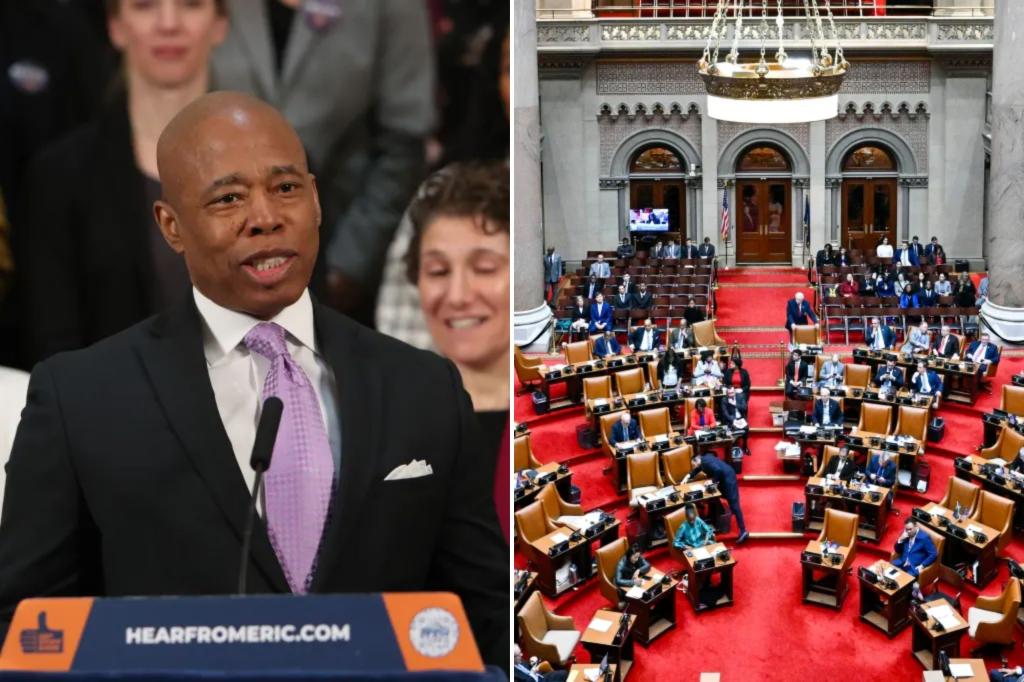Mayor Eric Adams is expected to secure a surprise win in the preliminary state budget deal, with sources indicating that the deal will include a two-year extension of his oversight of New York City schools. The $237 billion handshake deal is likely to grant Adams an extension of mayoral control over city public schools, although Governor Kathy Hochul mentioned that the issue is not entirely finalized at this point. Despite lawmakers previously stating they would revisit the issue later, the deal to grant the mayor an extension could require a commitment from Adams to adhere to the state’s new law reducing class sizes in New York City schools.
In addition to the extension of mayoral control, the preliminary budget deal included a slate of housing reforms pushed for by the Adams administration, as well as increased penalties for attacks on retail workers and a measure to allow prosecutors to combine minor thefts for a felony charge. Notably, the budget maintains state funding for the migrant crisis at $2.4 billion, rather than the $10 billion requested by the city. The budget also saw powerful unions, including education, building trades, and healthcare, win significant victories, including wage deals and tax incentives for affordable housing construction.
One key aspect of the budget agreement is a wage deal between the Real Estate Board of New York and building trades to set base wages for construction workers, with minimum wages ranging from $35.00 to $72.45 an hour based on the size and location of the project. Landlords and developers did not fare as well, as they were unable to stall legislation allowing tenants to challenge large rent hikes in housing court and requiring lease extensions for timely rent payments. Despite some exemptions for new construction and small landlords, the state is imposing rent regulation on previously market-rate housing for the first time since 1974.
Another significant provision in the preliminary agreement involves a plan to consolidate nearly 700 fiscal intermediaries operating an $8 billion state Medicaid program, known as the Consumer Directed Personal Assistance Program, into one company overseen by the Department of Health. Governor Hochul stated that this measure could potentially save $500 million annually once fully implemented. Overall, the budget deal appears to be a comprehensive package with various reforms and provisions that cater to different stakeholders, from union workers to tenants and healthcare programs.
While Adams had initially sought a four-year extension of mayoral control, securing a two-year extension in the budget deal represents a significant victory for the mayor after facing public statements from lawmakers indicating this issue would be revisited later. The deal also addresses contentious points such as class size reduction in schools, showing a commitment to achieving a balanced agreement between state and local governance. With various reforms and provisions included in the budget deal, it reflects a comprehensive approach to addressing key issues in education, housing, and healthcare while balancing the needs of different stakeholders in New York State.


